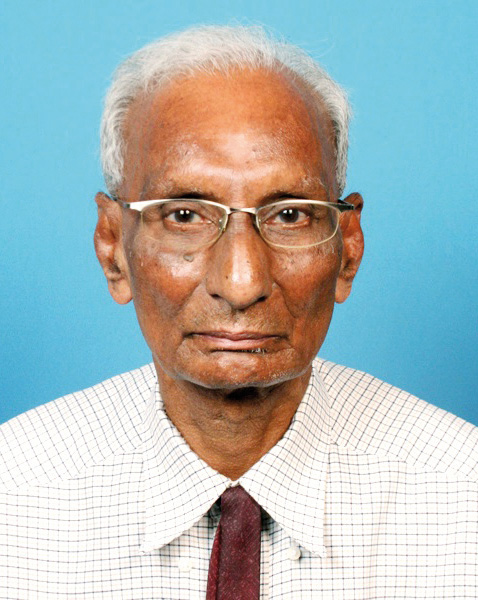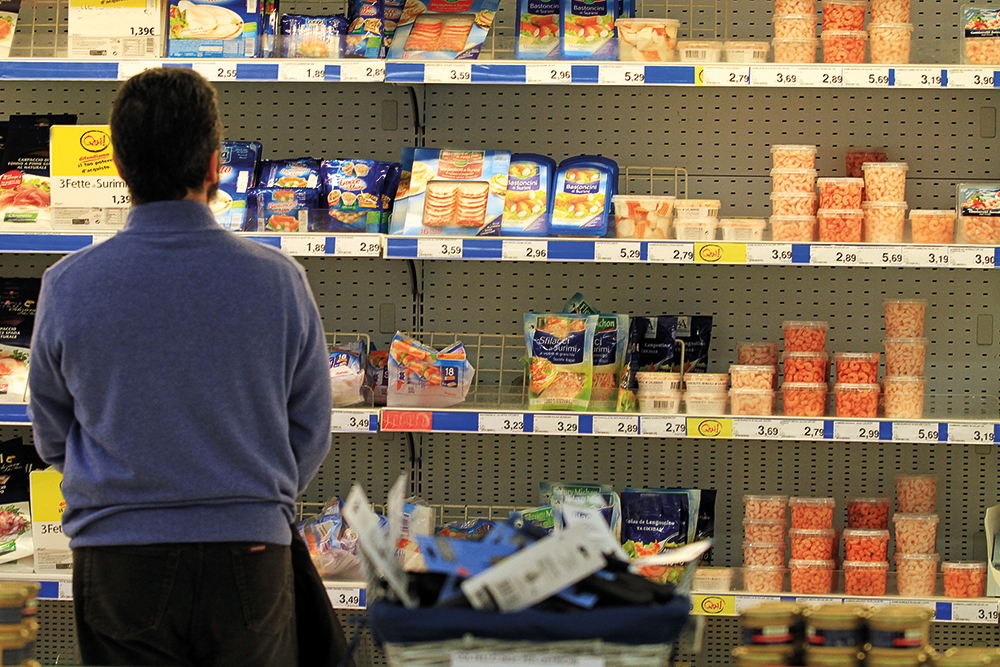DLG-Verlag was founded in 1952 as a subsidiary of DLG e.V. (Deutsche Landwirtschafts-Gesellschaft - German Agricultural Society) with its headquarter in Frankfurt/ Germany. The publishing company provides expertise for the agricultural and food sector.
With its subsidiaries Max-Eyth-Verlag and DLG-Agrofood Medien GmbH the DLG-Verlag offers books and magazines, as well as catalogs of the DLG's international DLG exhibitions.
Members:
Resources
Displaying 81 - 85 of 316Empowering rural women in India – it’s high time!
Publicly elected women representatives in India ought to take advantage of their influence to defend women’s rights.
Sustainably financing extension services
Providing extension and advisory services is expensive. There are salaries to be paid, transportation and operational funds to be provided, buildings to be rented or built, demonstration plots to maintain, and continued education to be offered to the extension staff. And then there is the need to continually invest in an overall functioning agricultural innovation system with strong research and teaching institutions, enabling policies, as well as to make capital investments in rural infrastructure that will not only benefit the farming population.
Clarifying roles in extension processes
Rural extension services are an extremely complex affair. This is due to the wide range of constellations in which farmers operate nowadays, and also to the large number of players who are active in advisory services, with their different tasks, values and mandates. With reference to Germany’s rural extension services, our author shows who is taking on which role and where conflicts might potentially arise.
Setting out from farmer realities
The aim of the “Management advice for family farms” (MAFF) approach is to strengthen the abilities of farmers to manage their farms and improve their economic and social autonomy. In Francophone Africa, this holistic concept has been applied successfully for almost two decades.
Many actors, little coordination
As with other countries, agricultural extension and advisory services (EAS) in Malawi are provided by public, private, and non-profit organisations. While it has become commonplace to refer to this collection of actors as a system, this claim is only valid in the loosest of terms, as many of the component parts do not functionally interact with others in an operational sense, tending rather to function as independent sub-networks within larger national, and international spheres of exchange.






